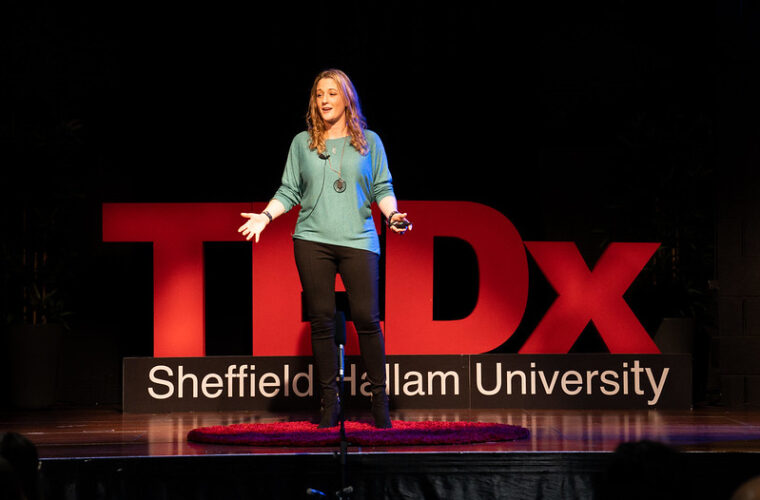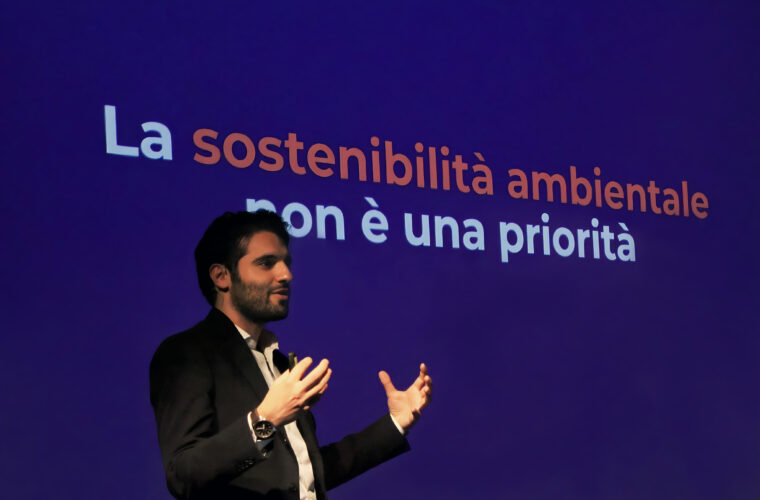Meet the talent: Dr Aviva Cohen, CEO & Co-Founder seamlessCare
Place of residence: Dublin, Ireland
Position: CEO and co-founder, seamlessCARE Ltd.
Please describe a day in your life
I’m happy to say that I don’t have a typical day. One day, I’ll meet some of the nonverbal individuals who inspire our work and the people who provide their support. The next day, I might spend the day in front of my computer researching, writing, and liaising with members of the seamlessCARE team. At other times, I get to meet healthcare and home care providers to tell them about our work.
Then, there are events where I have the opportunity to talk about what we do and how we are making a difference. I also have the good fortune to travel for meetings, awards, and conferences, which can be equally nerve-wracking and exciting.
At the moment, I am also meeting potential investors and telling them why we are so passionate about our work and how we plan to expand internationally.
The only days I don’t enjoy are those spent posing for photographs. I have always avoided cameras, but now it’s part of my job!
How many projects are you currently working on? Please describe them
Empathic Professional enables staff to understand a nonverbal person when they cannot use words, sign language, or assistive technology to communicate. Staff download a simple app to record each nonverbal person’s voice for a few seconds. Then, artificial intelligence (AI) interprets up to 10 emotions. They instantly understand how that person is feeling, so they can adapt activities and communications to avoid frustration and promote a positive mood.
Empathic is designed for healthcare, home care, and educational service providers. It offers a multiuser dashboard, reports, and real-time updates that can be accessed from any smart device. The AI that powers Empathic Professional can be white-labelled or integrated into existing healthcare or home care systems. For more information about Empathic Professional, please click here.
A version of Empathic is also available for families as a mobile app from the App Store and Google Play. The family subscription costs €9.99 per month and includes three nonverbal users and up to 20′ companion users’. A companion user interacts with a nonverbal person but does not always understand their mood.
The app lets everyone understand how a non-verbal person feels within a few seconds, even if they have never met before. Download Empathic for families here.
In your opinion, who is the most influential person/company in the world of technology these days?
I don’t think it is possible to answer this question with a name. Technology’s ubiquitous nature means it is influenced by innumerable people at every level.
If you could pick one app/product/project existing now that you wish you were involved in, what would it be?
When I completed my undergraduate degree at Trinity College Dublin in the 1980s, I had the opportunity to go to Maryland, USA, to work on philosophical questions of consciousness to create AI. I doubted my logician skills then, but I now realise that it would have been an incredible journey.
How do you see technology evolving in the next ten years?
As quantum computing moves to centre stage, I think there will be rapid advancement in numerous areas. Processes that take months now will be achievable in seconds. This will open the way to advances in medicine, engineering, and design that we can’t even imagine.
What would you like the industry to look like in ten years?
I would like to see an emphasis on ethics in AI. I would like developers to be educated on their assumptions’ potential for unconscious bias so they become aware of their preferences and presuppositions. This would help AI to become more inclusive.
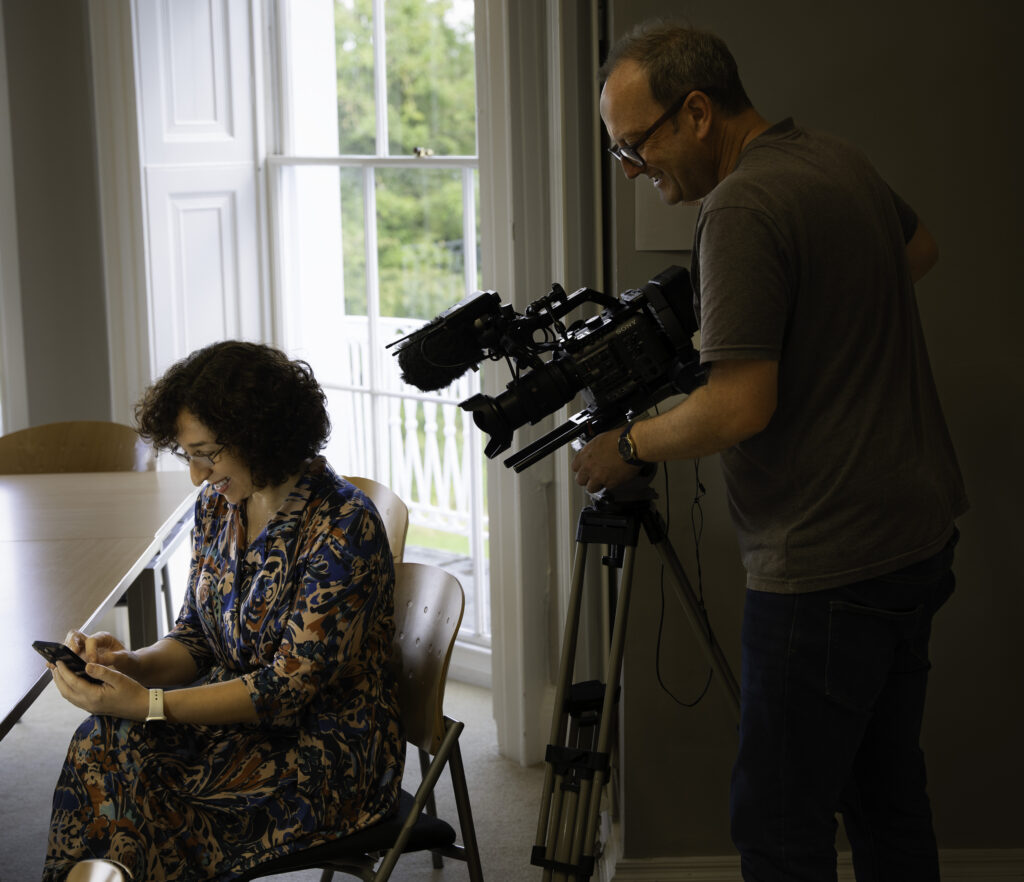
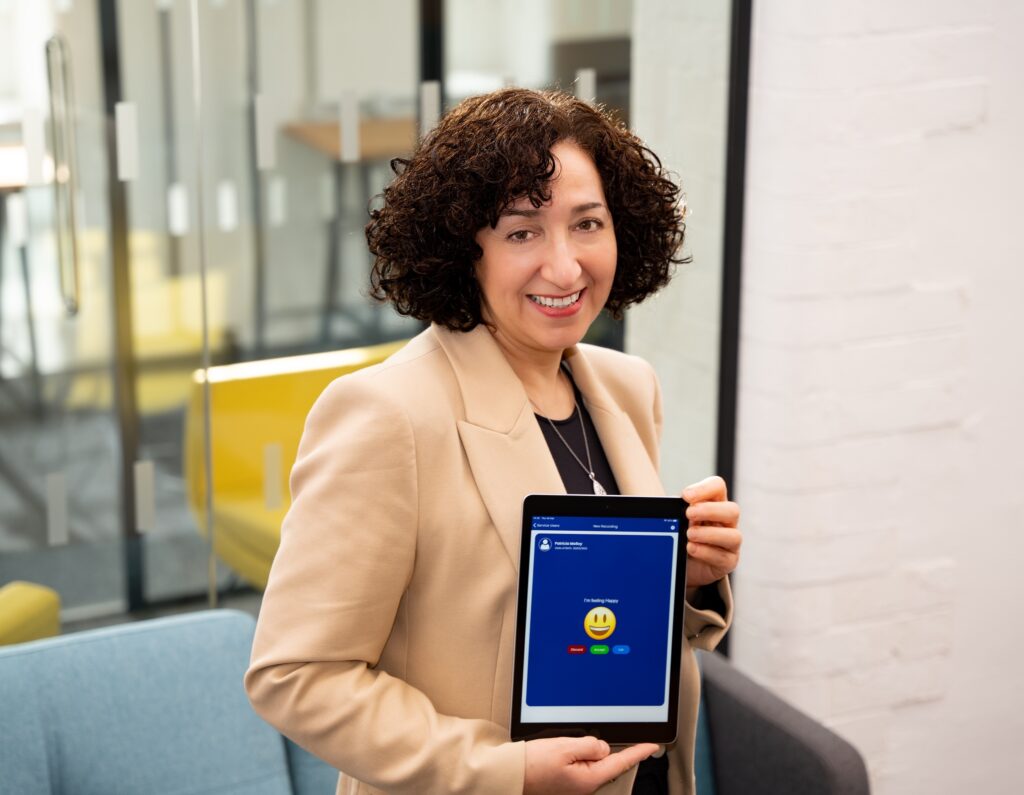
What are the three characteristics you have that make you successful in tech?
Resilience because you often have to keep going through challenges you might never have expected. Patience because everything takes longer than you imagine. Creativity is important because you cannot predict what will happen and must be prepared to adapt.
What is the most challenging thing you had to deal with during your career?
In 2006, my late husband, Steve, survived a stroke that left him with severe brain injury and non-verbal. Despite having a baby and a five-year-old daughter, I cared for Steve for the next 14 years while also dedicating myself to researching and developing projects to support those living with disabilities.
When Steve became ill, I was told that there was no hope of recovery. Despite this, my research helped him to improve enough to wash and dress himself, to walk with a stick and to learn to speak 15 functional words.
Although I had to abandon my career as a philosophy lecturer and a senior communications consultant, I used everything I learned from these disciplines. As I researched, I began sharing my insights with other families who had been told there was no hope. Over the next few years, I published a research website, then a magazine for carers and a blog.
In 2011, I founded the multi-award-winning social enterprise Neuro Hero Ltd. This led to the development of 19 low-cost therapeutic and educational apps for people with severe speech and language difficulties. When a professor heard me being interviewed on the radio, she invited me to undertake a Marie Curie/ASSISTID postdoctoral research Fellowship 2016-19 hosted by University College Dublin (UCD) and Queen’s University Belfast.
In 2019, I started working with AI to support nonverbal people who do not have the capacity to use any available forms of assistive technology. This led me to cofound seamlessCARE Ltd, a UCD spin-out company, in 2021 with the support of NovaUCD, the hub of innovation and start-up activities at the University.
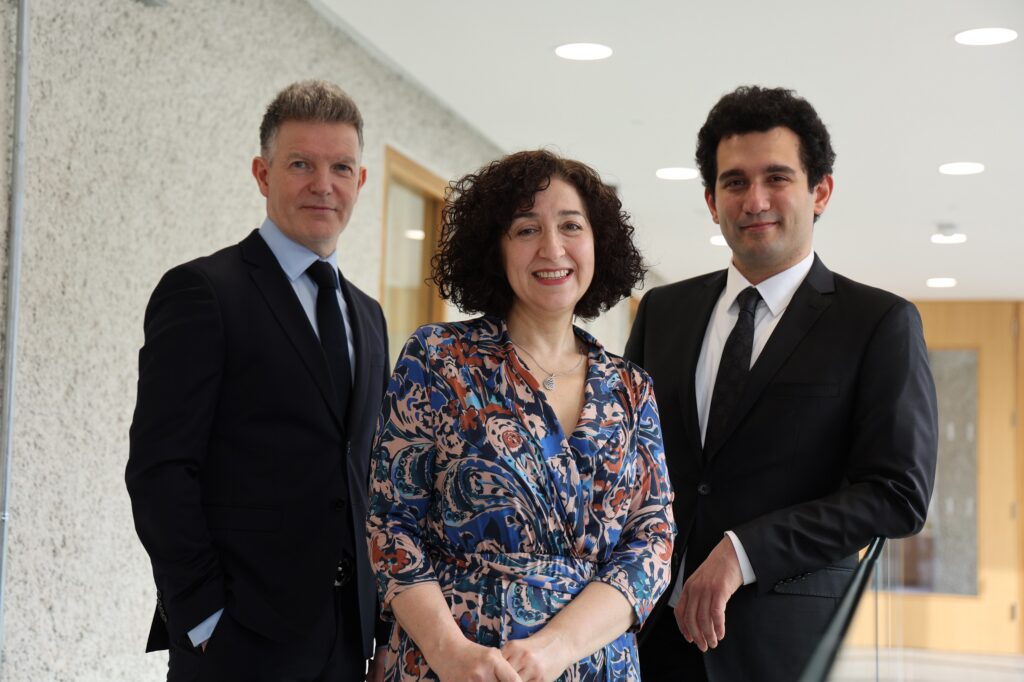
What is your greatest achievement up until today?
Despite many challenges and setbacks, I have never given up and I have never given in.
What is your next goal?
While we were building Empathic’s AI we had to create an innovative pipeline to make AI development faster and less expensive. Our next project will be to share this widely so that everyone can develop their own AI quickly, easily and at a much lower cost.
What tips do you have for people wanting to start in the tech world?
Learn every part of your business, especially the bits you don’t enjoy. When I started, I was extremely bad at technology, and it was not easy to learn. It turns out that my initial inadequacy became a great strength for our company. It helped us design interfaces that everyone could use, even if they had never downloaded an app before.
If you could say something to your younger self, what would it be?
You will need that maths after all!
Which famous person would you like to have dinner with and why?
I wrote my PhD on Sigmund Freud. He is often misquoted and, therefore, underestimated. His work is magnificent, and I have so many questions that I would love to ask him.
Where would you like to travel next?
I spent ten days visiting social enterprises in southern India and fell in love with the country. I would love to return and spend much longer touring and learning.
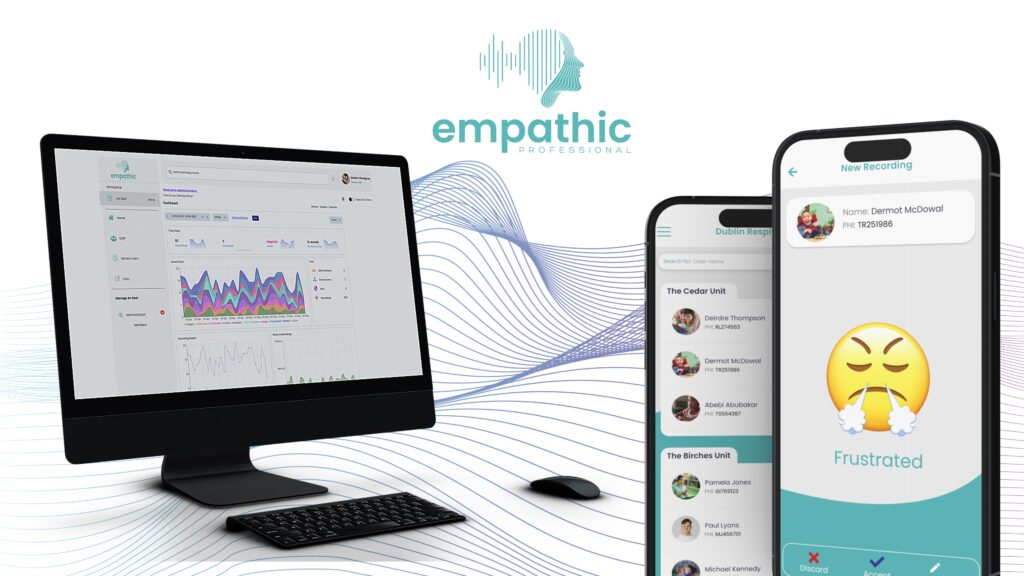
Do you have a person who influences or motivates you?
I learned about leadership, teamwork, and tenacity from Kyoshi Steve Connor. Steve was my life partner, my karate instructor for almost two decades, and the father of our two daughters.
He survived a stroke that changed this intelligent, powerful warrior into a non-verbal, cognitively impaired, partially paralyzed man. However, due to his persistent strength, Steve learned to walk with a stick, use up to 15 functional words, and wash and dress himself. We had been told that all of this was impossible, given the severity of his stroke.
I started karate at the age of 23, I was shy, unfit and short. I became one of the few female instructors with Steve’s encouragement and guidance. Every time I taught a class, I had to prove myself, usually to young men who tried to show that a woman should not be a martial arts instructor. Steve taught me that I could achieve anything, but he also made me aware that it would take immense amounts of work and an acceptance that I would have to pick myself up off the ground time and again.
What did you dream of creating/inventing/doing as a child?
I was always inventing things when I was a child, I think my earliest invention was little bridges to save earthworms from drowning when it rained: I was about six. I used to take things apart to see how they worked, even though I could never put them back together. Moreover, I have a folder full of inventions; maybe one day, I’ll get to make them all, well, almost all!


